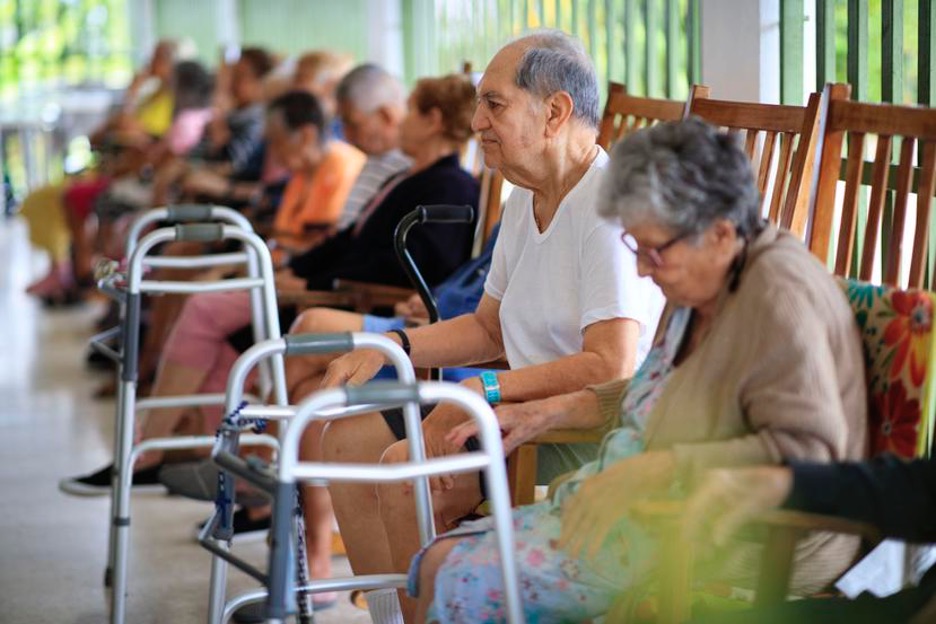
In Puerto Rico, the population is aging fast, faster than most places on Earth. This pattern has aggravated due to the migration of thousands of working-age Puerto Ricans.
Adults over 65 years find themselves more dependent on caregivers and social service institutions since they have ended up alone, with fewer or no close relatives. According to U.S. census data, close to 741,000 Puerto Ricans are 65 or older, making it 22.7% of the population of the island. This means that Puerto Rico has the 10th highest share of older adults in the world.
The problem is aggravated because the island was not prepared to deal with such a significant increase in elderly people. The government lacks the resources to meet their needs and caretaking from afar is complicated.
In 2007, 48% of adults over 65 had at least one adult child living outside Puerto Rico, a number that is probably much higher now. Many Puerto Ricans continue migrating to the mainland due to a financial crisis that was worsened by hurricanes, earthquakes, a political disruption, and the Covid-19 pandemic. Those reasons are combined with additional challenges such as a lower birth rate and a longer life expectancy.
Puerto Ricans living on the mainland must travel back to the island to help their relatives go to doctor’s appointments. Some of them are only able to go back to the island once a year. They live under constant stress about the well-being of their relatives due to the shortage of caretakers on the island. The island is forced to redirect their services and resources to serve those who need it the most. A municipal senior center that runs under federal funds for at-home care only has four housekeepers for 50 older adults in need of the services. The food program is authorized to serve 175 seniors, but it serves 245 people, and during the pandemic, they even delivered up to 450 lunches to older adults.

Recent Comments